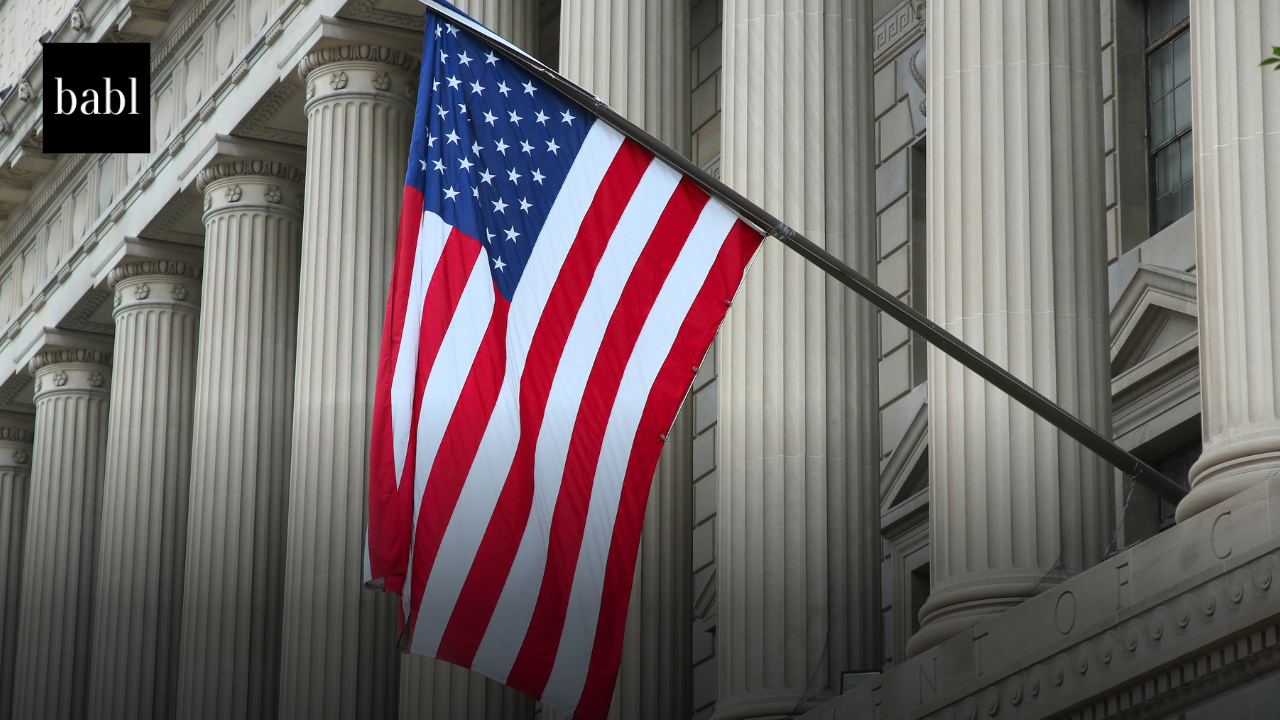UPDATE – FEBRUARY 2026:
The Federal Communications Commission (FCC) has finalized a ruling classifying AI-generated voice cloning robocalls as illegal under the Telephone Consumer Protection Act (TCPA). This decision gives state attorneys general expanded authority to take enforcement action against bad actors using AI to scam consumers, following a surge in fraudulent robocalls featuring cloned voices of public figures and loved ones.
ORIGINAL NEWS POST:
FCC Proposes Ban on AI-Generated Voice Cloning Robocalls
A United States government agency has proposed making AI generated voice robocalls illegal. In a press release, the Federal Communications Commission (FCC) would make it illegal under the Telephone Consumer Protection Act (TCPA).
The Rise of AI Voice Cloning in Robocall Scams
The press release says the rise of AI-generated voice cloning robocalls that imitate celebrities, politicians, and family members has escalated in recent years. By classifying these as artificial voices, the FCC aims to give state attorneys general new tools to hold bad actors accountable for using this technology in illegal robocall scams.
Chairwoman Jessica Rosenworcel stated AI voice cloning and fake images are already deceiving consumers by making scams seem legitimate. She said the FCC is taking steps to recognize this emerging technology as illegal to crack down on these scams and protect consumers.
In November 2022, the FCC launched an inquiry to build a record on combating illegal robocalls involving AI. It asked how AI might be used in junk call scams by mimicking familiar voices and if oversight is needed under the TCPA. It also asked how AI could help recognize illegal robocalls through pattern recognition.
The TCPA restricts telemarketing calls, robocalls, and artificial/prerecorded voice messages. FCC rules require telemarketers to get written consent before robocalling. This proposal would ensure AI-generated voices also must follow TCPA standards.
State Attorney Generals Lead the Charge
In early January, a coalition of 26 state attorneys general led by Pennsylvania AG Michelle Henry supported this approach. Over half the nation’s AGs urged regulating AI robocalls under existing law to protect consumers from deceptive marketing.
AG Henry commended the FCC for considering input and taking timely action to ensure consumers can provide prior written consent before receiving AI robocalls acting as live agents.
Chairwoman Rosenworcel stated the FCC is building on partnerships with state law enforcement to identify and stop illegal robocalls. The FCC currently has memorandums of understanding with 48 state AGs to combat robocalls jointly.
If enacted, the Declaratory Ruling would classify AI-generated voice calls as subject to TCPA restrictions like other robocalls. It aims to ensure consumers are protected from manipulation by voice cloning technology and have control over receiving AI robocalls.
Need Help?
If you’re wondering how this regulation, as well as other AI regulations could impact you, reach out to BABL AI. Their Audit Experts are ready to help you with your concerns and questions while providing valuable assistance.





